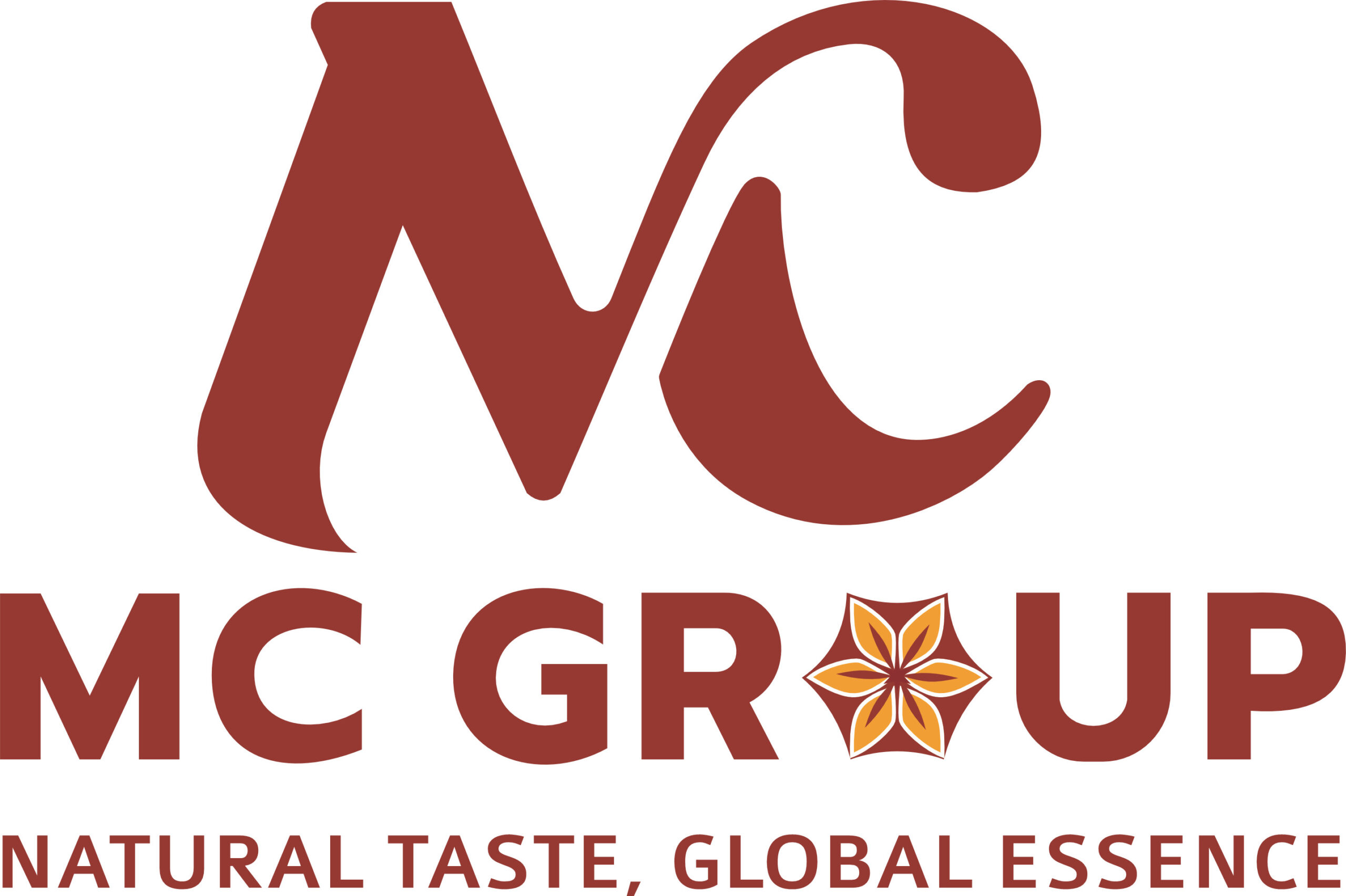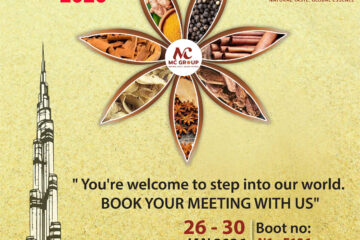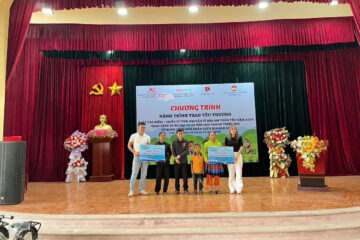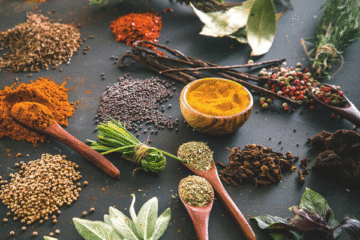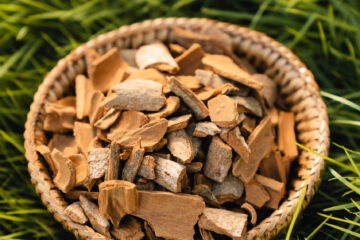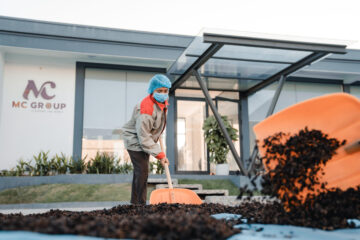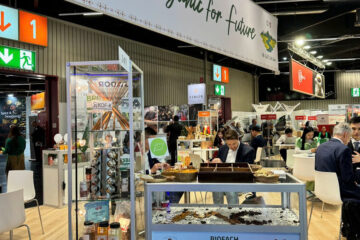The European Union (EU) is one of the most demanding and competitive markets for food and agricultural products. With its high standards for quality, safety, and sustainability, entering this market requires more than just good products – it requires preparation, compliance, and credibility.
For MC Agri Group, bringing Vietnamese spices such as cinnamon, star anise, and black pepper to the EU market has been a journey of learning, adapting, and growing. This article shares our experience and insights into how Vietnamese spice exporters can successfully penetrate and sustain growth in the EU market.
1. Understanding EU Market Requirements
The first and most important step in entering the EU market is understanding its strict regulatory framework. European consumers care deeply about product safety, environmental protection, and traceability – and the authorities enforce these expectations rigorously.
Key areas of compliance include:
Food safety standards: Products must meet the requirements of Regulation (EC) No 1881/2006 (maximum levels for contaminants such as aflatoxin, heavy metals, and pesticide residues).
Microbiological standards: Compliance with EU microbiological criteria is mandatory for dried herbs and spices.
Sustainability and traceability: Increasingly, buyers demand full traceability and certifications proving sustainable farming practices.
At MC Agri Group, all exported batches undergo comprehensive laboratory testing, traceability control, and certification checks before shipment. This ensures that every product meets EU standards for food safety and quality.
2. Meeting the Demand for Organic and Sustainable Products
European consumers are leading the global shift toward organic and eco-friendly products. Organic spices from Vietnam, when certified properly, hold a strong position in this trend.
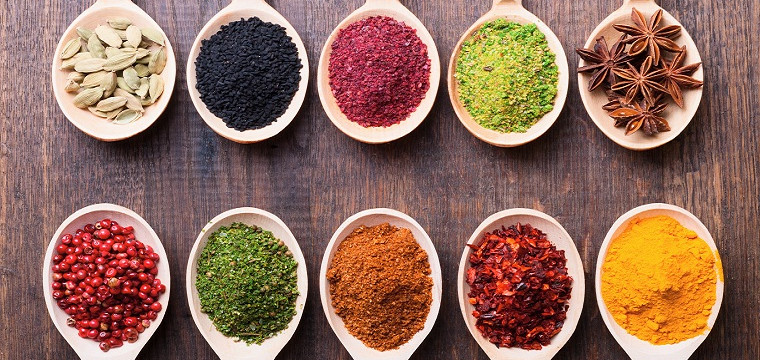
MC Agri Group has invested significantly in building organic-certified supply chains in collaboration with local farming communities. Through these partnerships, we:
Train farmers in organic cultivation techniques.
Eliminate the use of chemical fertilizers and pesticides.
Apply traceability systems from farm to finished product.
Obtain international certifications such as USDA Organic and EU Organic.
This approach not only ensures compliance but also enhances brand reputation and customer trust. Sustainable, organic production has become one of our strongest competitive advantages in the EU market.
3. Adapting to Market Trends and Customer Preferences
In addition to compliance, success in the EU market requires understanding consumer trends and adapting product offerings accordingly.
European buyers increasingly value:
Clean labeling: Transparency in ingredients and origin.
Convenient packaging: Recyclable or biodegradable materials.
Authenticity and story-telling: Products with cultural heritage and a clear origin story.
To meet these expectations, MC Agri Group emphasizes the Vietnamese origin of its spices, highlighting the unique terroir and traditional cultivation methods that make them distinctive. Our marketing materials focus on traceability, natural flavor, and the people behind the products – the farmers.
4. Building Trust Through Quality and Consistency
Trust is the cornerstone of long-term business relationships in the EU. Buyers expect not only high quality but also consistency across shipments.
MC Agri Group maintains strict quality control at every production stage – from raw material sourcing and cleaning to drying, processing, and packaging. Each step follows internationally recognized standards such as HACCP, ISO 22000, and BRC (for food safety and risk management).
We also understand that communication and transparency are key to building trust. Our export team maintains constant updates with partners regarding production schedules, testing results, and logistics to ensure full confidence throughout the process.
5. Lessons Learned and Future Outlook
After years of exporting Vietnamese spices to the EU, MC Agri Group has learned several important lessons:
Compliance is not optional – it must be a daily practice.
Building strong, transparent relationships with buyers and farmers is essential.
Investing in sustainability and certification creates long-term value.
Understanding cultural differences in business communication helps strengthen partnerships.
Looking ahead, MC Agri Group aims to expand its presence in Europe by offering value-added products such as ground spices, spice blends, and private-label packaging – all meeting the highest standards of quality and sustainability.
Entering the EU market is challenging, but for companies committed to quality, transparency, and sustainability, it is also incredibly rewarding.
Through continuous improvement, farmer partnerships, and a strong focus on compliance, MC Agri Group has successfully positioned Vietnamese spices as trusted, high-quality products in one of the world’s most demanding markets.
